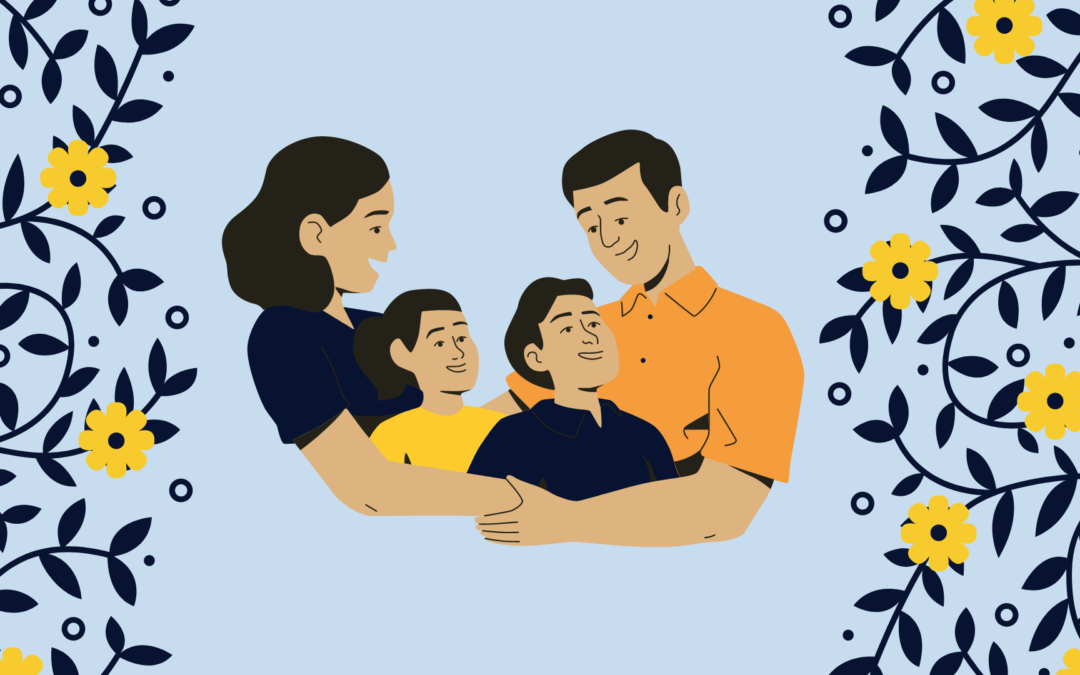In the realm of developmental psychology, one of the most concerning conditions affecting children is Reactive Attachment Disorder (RAD). RAD is a complex emotional condition that can have profound effects on a child’s social, emotional, and psychological well-being. Understanding RAD, its symptoms, and available treatment options is crucial for parents, caregivers, and mental health professionals alike.
What is Reactive Attachment Disorder?
Reactive Attachment Disorder is a rare but serious condition that can develop in young children. These children have experienced severe neglect, abuse, or disruptions in their early caregiving relationships. The primary characteristic of RAD is a persistent pattern of emotionally withdrawn behavior toward adult caregivers. Children with RAD often struggle to form healthy, secure attachments with their primary caregivers. This leads to significant challenges in social interactions and emotional regulation.
Symptoms of rad
Identifying the symptoms of RAD is essential for early intervention and proper treatment. Here are some common signs and symptoms associated with Reactive Attachment Disorder:
- Avoidant Behavior: Children with RAD may avoid physical contact, eye contact, or attempts by caregivers to comfort them.
- Difficulty Showing Affection: Expressing love, empathy, or positive emotions towards others may be challenging for children with RAD.
- Anger and Aggression: RAD can manifest in aggressive behavior, tantrums, defiance, or destructive tendencies.
- Lack of Conscience: Children with RAD may exhibit deceitful behavior, lie without guilt, or lack remorse for their actions.
- Control Issues: RAD can lead to controlling behaviors, such as being manipulative, demanding, or exhibiting power struggles with authority figures.
- Developmental Delays: RAD may contribute to delays in social and emotional development, impacting a child’s ability to form healthy relationships.

Diagnosing Reactive Attachment Disorder
Diagnosing RAD requires a comprehensive evaluation by a qualified mental health professional, such as a psychologist or psychiatrist. The diagnostic process typically involves assessing the child’s developmental history, observing their behavior in various settings, and ruling out other potential explanations for their symptoms. Early detection and intervention are crucial for improving outcomes for children with RAD.
Treatment Options for Rad
Managing Reactive Attachment Disorder often involves a multi-faceted approach that addresses both the child’s emotional needs and supports the caregivers in building healthy attachment relationships. Some common treatment strategies for RAD include:
- Therapeutic Interventions: Psychotherapy, specifically attachment-focused therapy, can help children with RAD develop healthier attachment patterns and enhance their emotional regulation skills.
- Parenting Support: Caregivers play a vital role in the treatment of RAD. Providing parents with education, guidance, and support can help improve the parent-child relationship and foster secure attachments.
- Behavioral Interventions: Implementing consistent routines, setting clear boundaries, and using positive reinforcement techniques can assist in managing challenging behaviors associated with RAD.
- Supportive Services: Collaborating with other professionals, such as social workers, educators, and healthcare providers, can create a comprehensive support network for children with RAD and their families.
Coping with rad: A Family’s Journey
Navigating life with a child diagnosed with Reactive Attachment Disorder can be overwhelming and challenging for families. Caregivers need to practice self-care, seek support from mental health professionals, and educate themselves about RAD to provide the best possible care for their child. Building a strong support system and staying resilient in the face of difficulties are key components of coping with RAD as a family.
Conclusion
Reactive Attachment Disorder is a complex and challenging condition that requires a holistic approach to treatment and support. By raising awareness about RAD, understanding its symptoms, and exploring effective interventions, we can better support children affected by this disorder and help them build healthy, secure attachments that promote emotional well-being. Early intervention, patience, and compassion are fundamental in addressing the needs of children with RAD and assisting them on their journey toward healing and growth.
Remember, if you suspect that a child may be experiencing symptoms of Reactive Attachment Disorder, seeking help from mental health professionals is crucial. With the right support and interventions, children with RAD can overcome obstacles and develop secure, healthy relationships that nurture their emotional development.

